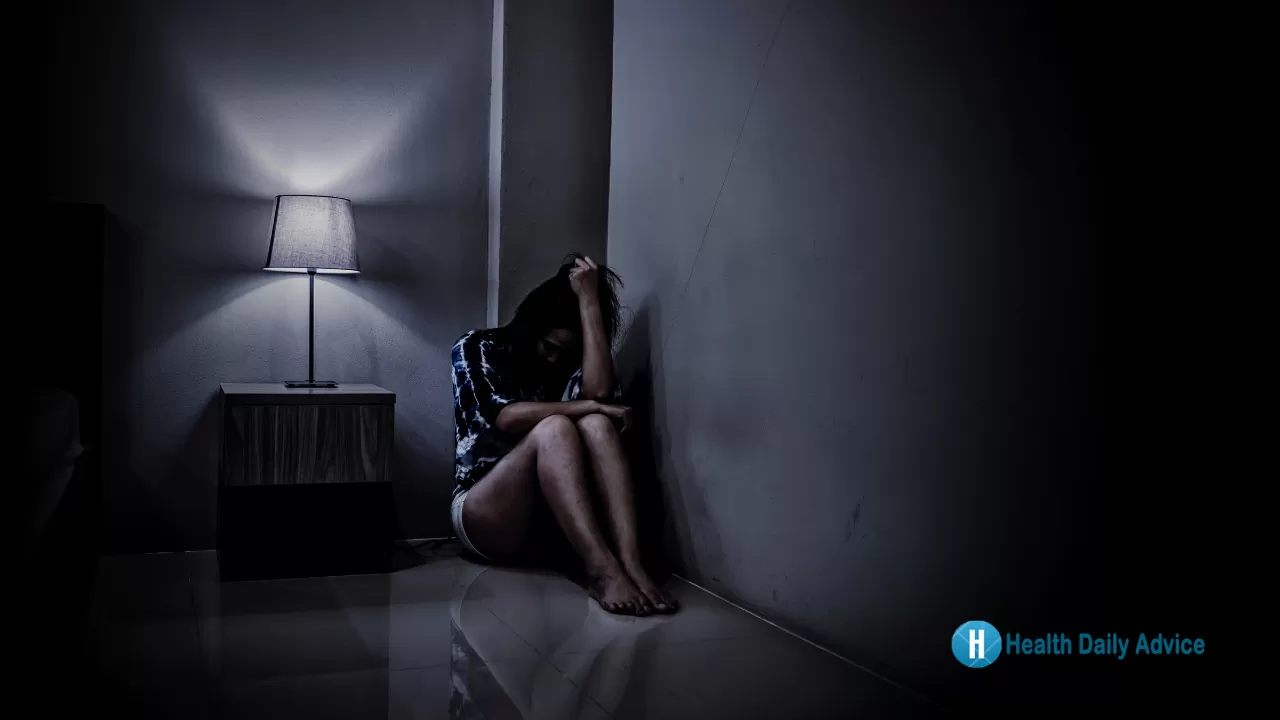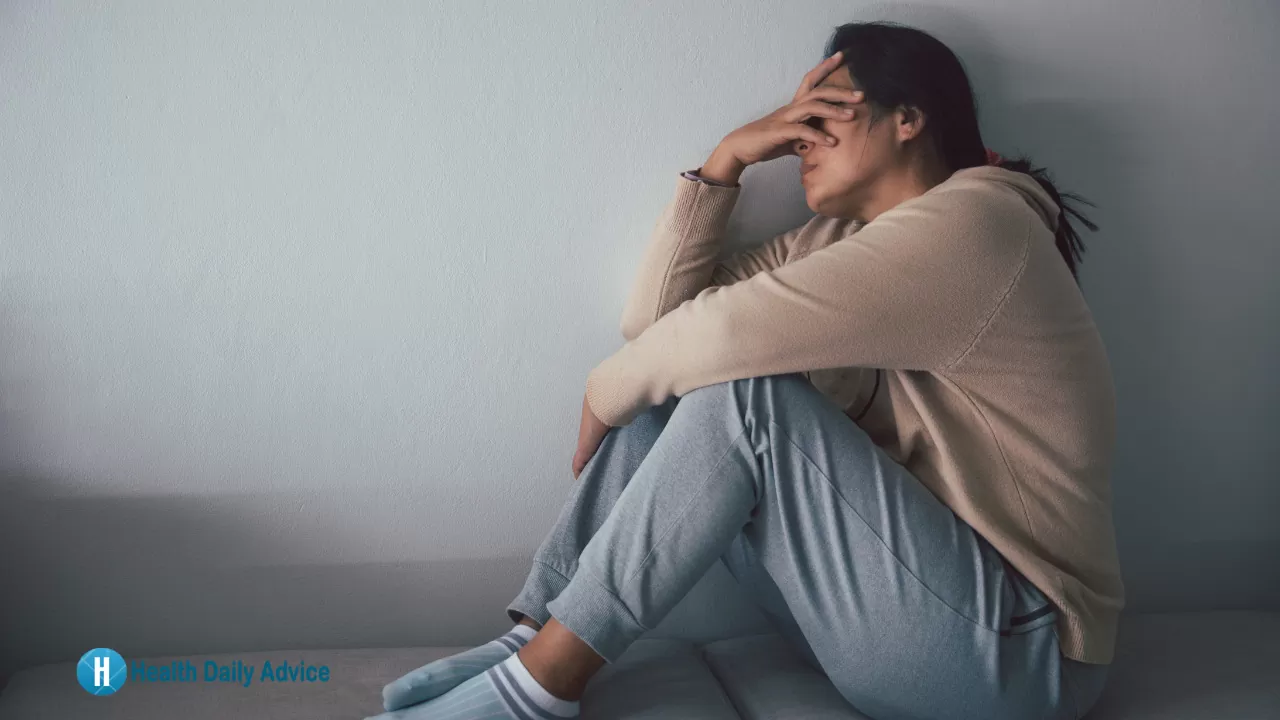Introduction:
In today’s fast-paced world, paying close attention to your mental health is crucial. Just like your physical health, your mental well-being can fluctuate, and it’s essential to recognize the 6 Signs that Your Mental Health is in Decline. In this article, we will explore the key indicators that suggest your mental health might be deteriorating and provide insights on addressing these issues.
The thing is, these signs may seem ‘duh’ to people.
But even in my personal experience, we tend to gaslight and convince ourselves that we’re fine when we’re not.
If you are reading this, this is your sign that if you are sinking, please focus on staying afloat instead of comparing yourself to what you can do normally.
It is also wise to seek professional help if this is the case.
Understanding Mental Health Decline
Before delving into the signs, it’s essential to understand what mental health decline means. Mental health is not static; it can change due to various factors such as stress, life events, and even biological factors. Mental health decline refers to a negative shift in your emotional, psychological, and cognitive well-being. It can manifest differently in each person, but there are common signs to look out for.
6 Signs that Your Mental Health is in Decline
1. Persistent Mood Swings
- If you find yourself experiencing frequent and extreme mood swings, it could be an early sign of declining mental health. Mood swings may range from sudden outbursts of anger to prolonged periods of sadness and hopelessness.
- You are constantly in fight-or-flight mode and are hypervigilant for any threats, leaving you exhausted
2. Social Withdrawal
- Isolating yourself from friends and family is another common sign. If you used to enjoy social activities but now prefer solitude, it’s time to take notice.
- Social interactions feel much more tiring than before, you’ve become withdrawn and isolated
Sub-point: Avoiding social interactions can exacerbate feelings of loneliness and depression.
3. Changes in Sleep Patterns
- Keep an eye on your sleep habits. Insomnia, excessive sleeping, or erratic sleep patterns can be indicative of underlying mental health issues.
- Your sleep schedule varies wildly and you sleep much more/less than usual
- Insomnia or excessive sleep can both be linked to mental health issues.
- Pay attention to disrupted sleep patterns and their duration.
Sub-point: Poor sleep can lead to fatigue and further affect your mental state.
4. Appetite Changes
- Significant changes in your appetite, such as overeating or loss of interest in food, may signal mental health decline.
- Your appearance, hygiene, or organization takes a huge hit
5. Difficulty Concentrating
- If you struggle to focus on once manageable tasks, it may be due to cognitive changes linked to your mental health.
- You have to take a break to compose yourself or cry in the middle of Conversations
- Mental health decline can affect your ability to concentrate and make decisions.
- You may struggle to focus on tasks or experience memory lapses.
Sub-point: Poor concentration can hinder your productivity and overall well-being.
6. Physical Symptoms
- Often, mental health issues manifest physically. Pay attention to symptoms like headaches, digestive problems, and muscle tension.
- Chronic headaches, digestive problems, or unexplained aches and pains can be associated with declining mental health.
- The mind-body connection is strong, and mental distress can manifest physically.
Taking Action for Better Mental Health
Now that you’re aware of these potential signs, it’s essential to take proactive steps to address them and improve your mental health.
1. Seek Professional Help
If you notice several of these signs persisting over an extended period, consider reaching out to a mental health professional. They can provide guidance and support tailored to your needs.
2. Talk to Someone You Trust
Confiding with a friend or family member can be immensely beneficial. Sometimes, sharing your feelings with someone you trust can alleviate the burden.
Sub-point: Remember that you’re not alone, and some people care about your well-being.
3. Engage in Self-Care
Prioritize self-care activities like exercise, meditation, and hobbies that bring you joy. These activities can have a positive impact on your mental state.
Sub-point: Establishing a daily self-care routine can help maintain good mental health.
4. Monitor Your Progress
Keep a journal to track your mood and the steps you’re taking to improve your mental health. This can help you identify what strategies work best for you.
5. Set Realistic Goals
Break down your tasks into manageable steps to reduce stress and boost your sense of accomplishment.
5. Connect with Support Groups
Joining support groups or online communities can help you feel less alone in your struggles.

How to Support Individuals with Mental Health Issues
Supporting someone dealing with mental health challenges can be challenging but essential. Here are some tips on how to provide help and support:
1. Listen Actively
- Be a good listener and offer a non-judgmental, empathetic ear.
- Encourage them to share their feelings and thoughts.
2. Offer Practical Help
- Assist with daily tasks or responsibilities when needed.
- Accompany them to therapy sessions or appointments.
3. Educate Yourself
- Learn about their specific condition or mental health issue.
- Understanding their challenges can help you provide more targeted support.
4. Respect Boundaries
- Respect their need for space and privacy when necessary.
- Let them take the lead in their recovery.
Top Mental Health Hospitals Around the World
When seeking specialized care for mental health conditions, it’s essential to know about top mental health hospitals globally. Some renowned mental health institutions include:
- Mayo Clinic, Rochester, USA: Known for its comprehensive mental health services and research.
- McLean Hospital, Massachusetts, USA: Specializes in psychiatric care and neuroscience.
- The Priory Group, United Kingdom: Offers a range of mental health treatments and therapy.
- Bellevue Hospital Center, New York, USA: Known for its psychiatric emergency services.
Mental Health Ratios Worldwide
Understanding the prevalence of mental health issues globally is crucial. While exact figures can vary, mental health ratios provide insights into the magnitude of the challenge:
- According to the World Health Organization (WHO), approximately 1 in 4 people worldwide will experience a mental health condition at some point in their lives.
- In many countries, mental health services and resources are limited, leading to a treatment gap for a significant portion of the population.
Conclusion
In conclusion, recognizing the signs of declining mental health is the first step toward taking control of your well-being. By addressing these signs and seeking support when needed, you can work towards achieving and maintaining good mental health in an era. Remember, your mental health matters, and there’s always help available when you need it.
Your mental health deserves as much attention as your physical health. Recognizing the signs of declining mental health and taking proactive steps to address them can lead to improved overall well-being. Remember that seeking help and support is a sign of strength, and you don’t have to face mental health challenges alone.
Additionally, understanding how to support others and being aware of top mental health hospitals and global mental health ratios can contribute to a more informed and compassionate approach to mental health.
Frequently Asked Questions
Self-help strategies include seeking professional help, talking to someone you trust, engaging in self-care, monitoring your progress, and using technology for support.
You can use voice-activated devices to ask questions like “How can I improve my mental health?” or “What are the signs of declining mental health?” to access relevant information and resources.
Yes, it’s normal to have occasional mood swings. However, if mood swings become frequent and extreme, it may indicate underlying mental health issues
If your mental health is in decline, focus on keeping afloat instead of charging ahead. Do what you can with what you have, and any day that you’ve made through should be celebrated.
Note:
So in This Post, 6 Signs That Your Mental Health is in Decline What other points can you think of/have experienced? Let me know in the comments.
If you found this helpful feel free to share your experience if you can relate to these points and if you are comfortable share
For More Articles Related to Mental Health Stay Tuned To our Site
















